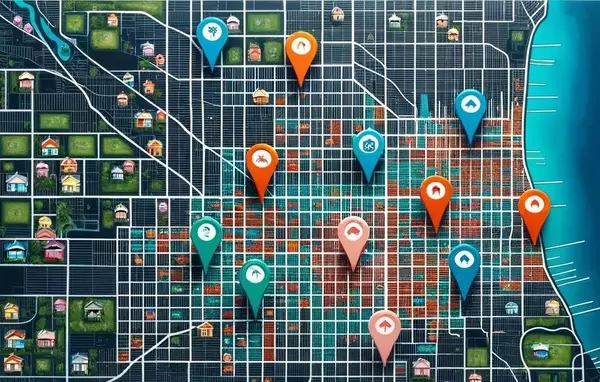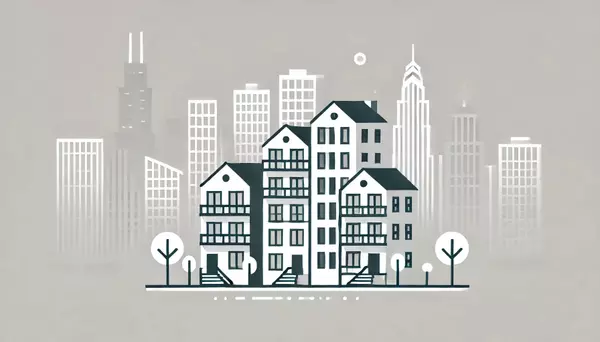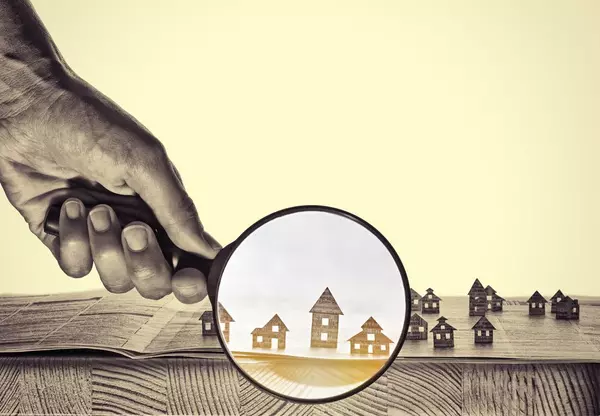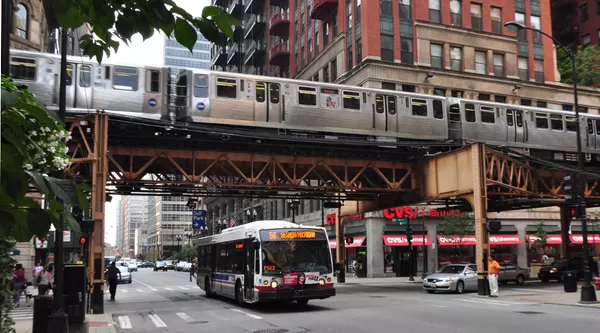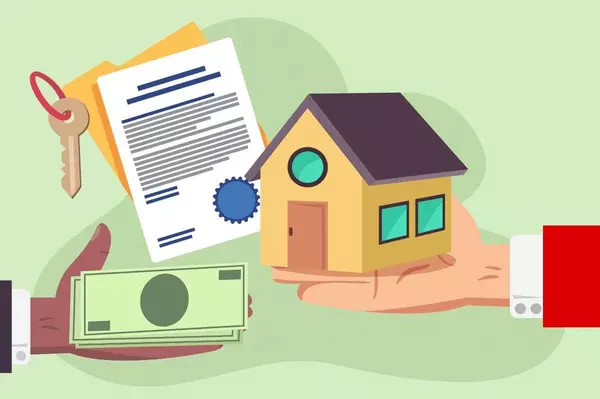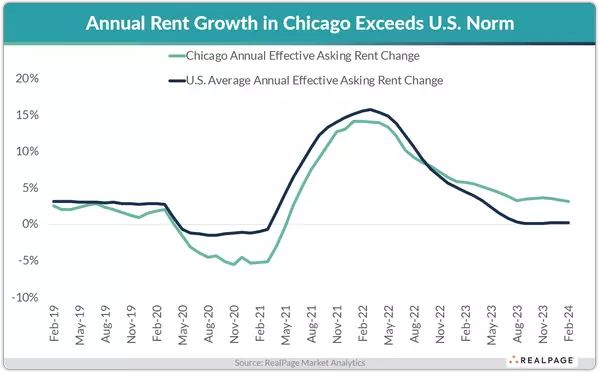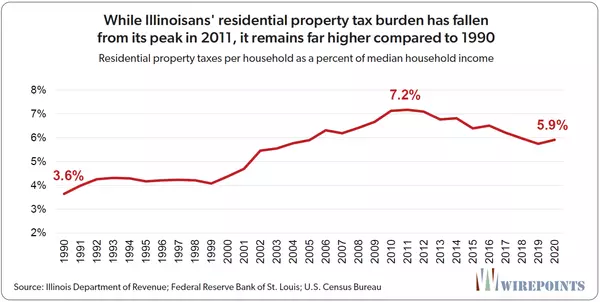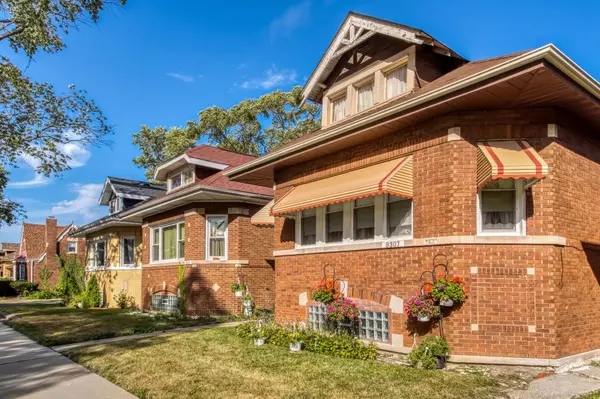Smart Home Technology: A Transformative Force in Real Estate
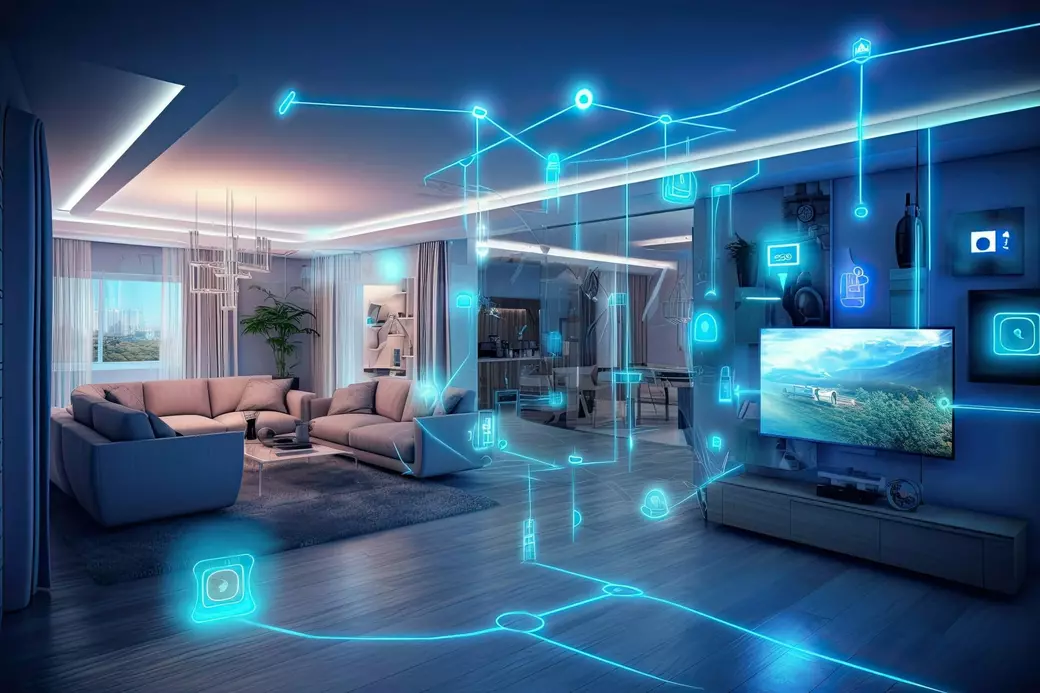
Smart home technology is no longer a futuristic luxury; it has become a standard feature in homes across the globe. From security cameras to automated thermostats, the integration of technology into everyday living spaces is transforming the real estate industry in profound ways. For buyers, sellers, and agents alike, understanding this shift is crucial to staying competitive in today’s market.
As someone who has embraced smart technology for years—with voice-activated lights, speakers in every room, and connected cameras and locks—I’ve seen firsthand how these innovations can elevate daily living. My personal experience with smart systems has given me a unique perspective on their growing appeal in the real estate market.
The Appeal of Smart Homes for Buyers
Modern homebuyers increasingly prioritize convenience, efficiency, and connectivity in their purchasing decisions. Smart home features cater to these demands in several ways:
Convenience and Automation
- Devices like smart speakers, automated lighting, and motorized shades make daily life easier by integrating with voice commands or smartphone apps.
- Homeowners can create personalized routines, such as setting lights to dim and playing music at a specific time. My own smart home setup, for example, allows me to lock doors, adjust lights, and control speakers all with a single command.
- Actionable Tip for Buyers: When touring homes, ask sellers if smart devices are included and request a demonstration of how they work.
Energy Efficiency
- Smart thermostats like Nest or Ecobee learn a household’s habits to optimize heating and cooling, reducing energy waste and lowering utility bills.
- Smart plugs and appliances allow for better energy management, which appeals to environmentally conscious buyers.
- Stat: According to a National Association of Realtors (NAR) survey, 78% of buyers are more interested in homes with energy-efficient smart features.
- Actionable Tip for Buyers: Calculate potential savings by asking for utility bill comparisons between homes with and without smart features.
Enhanced Security
- Smart doorbells, locks, and cameras provide real-time monitoring and control, offering peace of mind for homeowners.
- With cameras strategically placed around my home and locks connected to my smartphone, I’ve experienced how these features create a sense of security that buyers increasingly expect.
- Stat: Properties with advanced security features can sell up to 25% faster than homes without them, according to Zillow research.
- Actionable Tip for Buyers: Consider how these features could reduce the need for third-party security systems and associated costs.
Health and Wellness
- Air quality monitors, water filtration systems, and circadian lighting technology promote healthier lifestyles, a growing priority for many buyers.
- Actionable Tip for Sellers: Highlight any health-focused smart devices during showings, as they are a growing demand in the post-pandemic era.
The Impact on Home Values
Smart home technology can significantly increase a property’s value and marketability. According to a study by Coldwell Banker, 77% of buyers are willing to pay more for a home with smart features. Properties with integrated technology often:
- Sell faster due to their modern appeal.
- Command higher prices compared to comparable homes without these features.
Actionable Tips for Sellers:
- Upgrade Key Features: Focus on popular smart devices like thermostats, doorbells, and lighting. These are cost-effective and highly appealing to buyers.
- Market the Technology: Mention smart features prominently in your property listings and provide hands-on demonstrations during open houses.
- Price Strategically: Work with your agent to compare prices of similar homes with and without smart tech to justify your pricing.
The Role of Smart Tech in New Construction
Builders and developers are increasingly incorporating smart technology into new homes as a standard feature. Entire communities are being designed with connectivity in mind, offering:
- Centralized smart systems that control everything from lighting to irrigation.
- Fiber-optic networks and smart grid energy solutions.
Stat: 65% of homebuilders report including smart systems in at least 50% of their new developments, according to the National Association of Home Builders.
Actionable Tips for Buyers:
- Ask About Future-Proofing: When purchasing new construction, inquire about the scalability of the smart systems installed.
- Research Warranty Coverage: Confirm if warranties cover the included technology to avoid future repair costs.
Challenges and Considerations for Sellers
While smart technology offers undeniable advantages, sellers should be aware of potential pitfalls:
- Cost of Upgrades: Retrofitting an older home with smart devices can be expensive, and not all upgrades guarantee a return on investment.
- Technology Obsolescence: Rapid advancements in technology mean that devices can quickly become outdated, which may deter buyers looking for the latest systems.
- Privacy Concerns: Some buyers may be wary of purchasing a home with pre-installed devices, citing concerns about data security and privacy breaches.
Actionable Tips for Sellers:
- Focus on Affordable Upgrades: Choose high-impact, low-cost devices like smart bulbs or locks.
- Reset Devices: Ensure all smart devices are reset and ready for the new owner to customize. This alleviates privacy concerns.
- Provide Documentation: Include user manuals and setup instructions for all installed devices.
How Agents Are Adapting
Real estate agents are leveraging smart technology to market homes more effectively. Virtual tours now often highlight smart features, demonstrating how these systems work and emphasizing their benefits. Additionally, agents are educating themselves about the latest devices to better inform their clients and answer questions.
Actionable Tip for Agents: Use apps like AirDNA or MarketWatch to assess how smart home features influence demand in specific neighborhoods.
The Future of Smart Homes in Real Estate
As technology continues to evolve, the integration of smart systems will become even more seamless. Innovations on the horizon include AI-driven home automation, biometric security systems, and renewable energy integrations like solar-powered smart grids. These advancements will further enhance the appeal and value of smart homes, solidifying their role as a cornerstone of the real estate market.
Stat: By 2030, the global smart home market is projected to reach $313 billion, growing at a compound annual growth rate (CAGR) of 27%, according to Statista.
Actionable Tips:
- Stay Informed: Keep up with emerging trends to make informed decisions about upgrades or purchases.
- Invest Early: Sellers considering smart upgrades should act now to benefit from the growing demand for connected homes.
Final Thoughts
Smart home technology is not just a trend; it’s a transformative force in real estate. For buyers, it offers a lifestyle upgrade; for sellers, it’s a way to stand out in a competitive market; and for agents, it’s an opportunity to provide added value. Having integrated smart systems into my own life, I can attest to the convenience, efficiency, and security they bring. Embracing this technology is essential to thriving in the modern real estate landscape.
Vic Melecio - LPT Realty
Categories
Recent Posts
